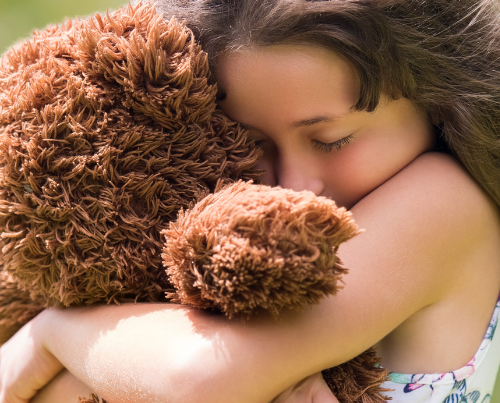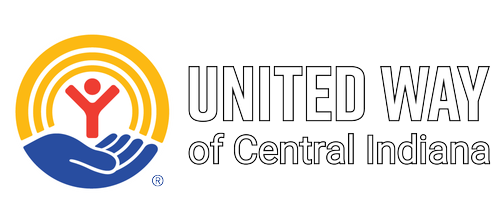Where did we learn how to focus on a task? How do we know that something we’re saying will be understood by others? Who taught us to listen to several sides of an argument and come to our own conclusions? When did we get brave enough to take on challenges instead of avoiding them? These abilities and others are called “life skills,” and we learn most of them as we grow up.
The adults in our lives – parents, teachers, coaches, pastors, relatives – show and teach us how to interact with the world around us. These skills help us adjust and adapt to almost any situation we’re faced with when we become adults ourselves.
Unfortunately, not everyone has equal opportunities for learning all the skills we need to be successful in life. Not everyone has positive, caring role models to emulate. Moreover, just as we learn to trust our own skills through our trial-and-error experiences and the encouragement of others, we also can learn not to trust ourselves at the hands of an abuser. When someone close to us gets angry whenever we have our own opinions and repeatedly says we’re wrong, stupid and worthless, we start learning to distrust ourselves, our values and our abilities. We learn to hide them. We learn they don’t count.
That’s why a significant part of our work at Sheltering Wings is life skills training for residents.
More than 90 percent of the men and women who seek refuge at Sheltering Wings never had the opportunity to develop the basic life skills they need to become economically and emotionally independent.
Let that sink in. Nine out of every 10 residents never had the chance to develop sufficient life skills.
The work we do to equip and encourage our residents and their kids is the most important thing for them – maybe even more important than emergency housing – if they are to fully and finally break the cycle of abuse.
Through our case management program, we tailor a variety of services to each survivor’s needs. Trained staff and volunteers work to help residents develop goal-oriented plans that include job training, education, childcare, parenting skills, stress management and legal advocacy. Many residents need help with their mental health or support as they wrestle with an addiction. Whatever the need, our goal is to promote independence and stability, minimizing the potential that they will return to an abusive situation.
Everyone knows that learning as an adult is more difficult than learning as a child. Robert Ricciardelli, a human resources consultant for TriNet, said, “It takes humility to see ourselves as we are, our strengths and our weaknesses. It also takes courage to make a shift toward positive changes, understanding that change will take some effort and discipline.”
The residents here at Sheltering Wings certainly demonstrate effort, discipline and courage. It’s not easy to admit you don’t know something or to ask for help. It’s not easy to focus on learning when you have come from an abusive situation. Our residents who do so should be commended and encouraged – and the donors who support these programs are to be thanked for their investments in these survivors’ futures.
Thank you!
By the way, children do learn faster than adults. That’s wonderful because ensuring that children develop life skills dramatically minimizes the risk of violent behaviors as adults. For more information, familiarize yourself with the 40 Developmental Assets Framework by Search Institute. These 40 positive internal and external supports and strengths are what young people need to succeed. We use this incredible framework in all of our life-skills programming and prevention and education work in the community. The good news is that anyone can be an asset builder. Learn how.







